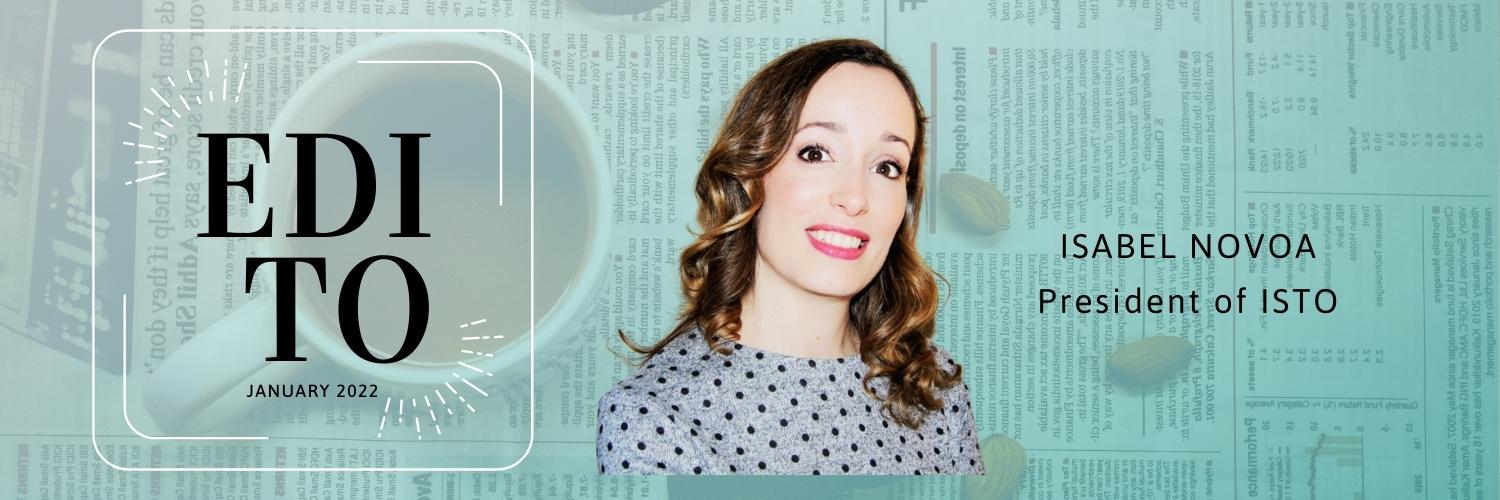During 2021, social tourism actors have shown their strengths and their ability to reinvent themselves and adapt to contingencies. ISTO has been part of the transformations and in 2022 will continue to work strongly for tourism for all.
Since 1963, the International Social Tourism Organisation (ISTO) has been a platform committed to offering a formula for tourism development that is inclusive of people and at the service of the environment and local communities. This proposal, historically ahead of its time, is today the most modern tourism development model in existence, one that truly supports the three pillars of sustainability (social, economic and environmental), which is becoming a trend mainly due to pressures on climate change and the Sustainable Development Goals (SDGs), the health and economic crisis, which have forced the most important public and private entities to listen, evolve and act with sustainable values. These are times of complex challenges in the sector, which on the one hand needs to recover and economically stabilise a very damaged industry, with all that this entails in terms of job quality, attracting and retaining talent, and the economic viability of destinations and companies dependent on tourism, large or small. On the other hand, we want to avoid making the same mistakes of the past, drastically reducing the damage and wear and tear on destinations and the environment, while leaving no one behind and ensuring access to quality holidays for all.
In this difficult balance we see how governments have incorporated or reinforced different aspects in their tourism development policies with a clear commitment to people and the preservation of natural and cultural wealth. Consequently, large corporations are moving in this direction, trying to avoid severe regulations. Science is at the service of sustainable tourism development with major advances, such as the design of more sustainable engines and less polluting fuels in aviation, or in water management and energy generation in hotel facilities. Digitalisation is no longer debatable, nor is equity, integration or accessibility.
New terms are emerging and intermingling with other more familiar ones, such as sustainable tourism development, circular economy, inclusion, equity, accessibility, accessible tourism, social accessibility to tourism, sustainable tourism, socially responsible tourism, social tourism, tourism for all, regenerative tourism... these are concepts with values that ISTO has been defending since 1963 and that today we must show with the arguments that support them. In this sense, 2022 must be a year in which ISTO consolidates and brings together these discourses, which for now are heterogeneous, and focus on its work in advocacy, with the necessary support provided by our Observatory project, which will allow us to complement our arguments with facts and tangible results, giving strength to our voice. During 2021 we took the first steps by presenting and learning from really interesting and valuable people and organisations for tourism for all through our initiatives such as CafecISTO or In the Spotlight, and we will continue to move forward during this new year with the third edition of the International Week of Fair and Sustainable Tourism for All and the realisation of the ISTO World Congress.
Much remains to be done, and 2022 is full of challenges for us, and it is a defining year in which we must continue to move towards a visible, useful and positioned ISTO at the epicentre of movements for change. This is my goal and I count on all of you, our partners and friends, to achieve it.

